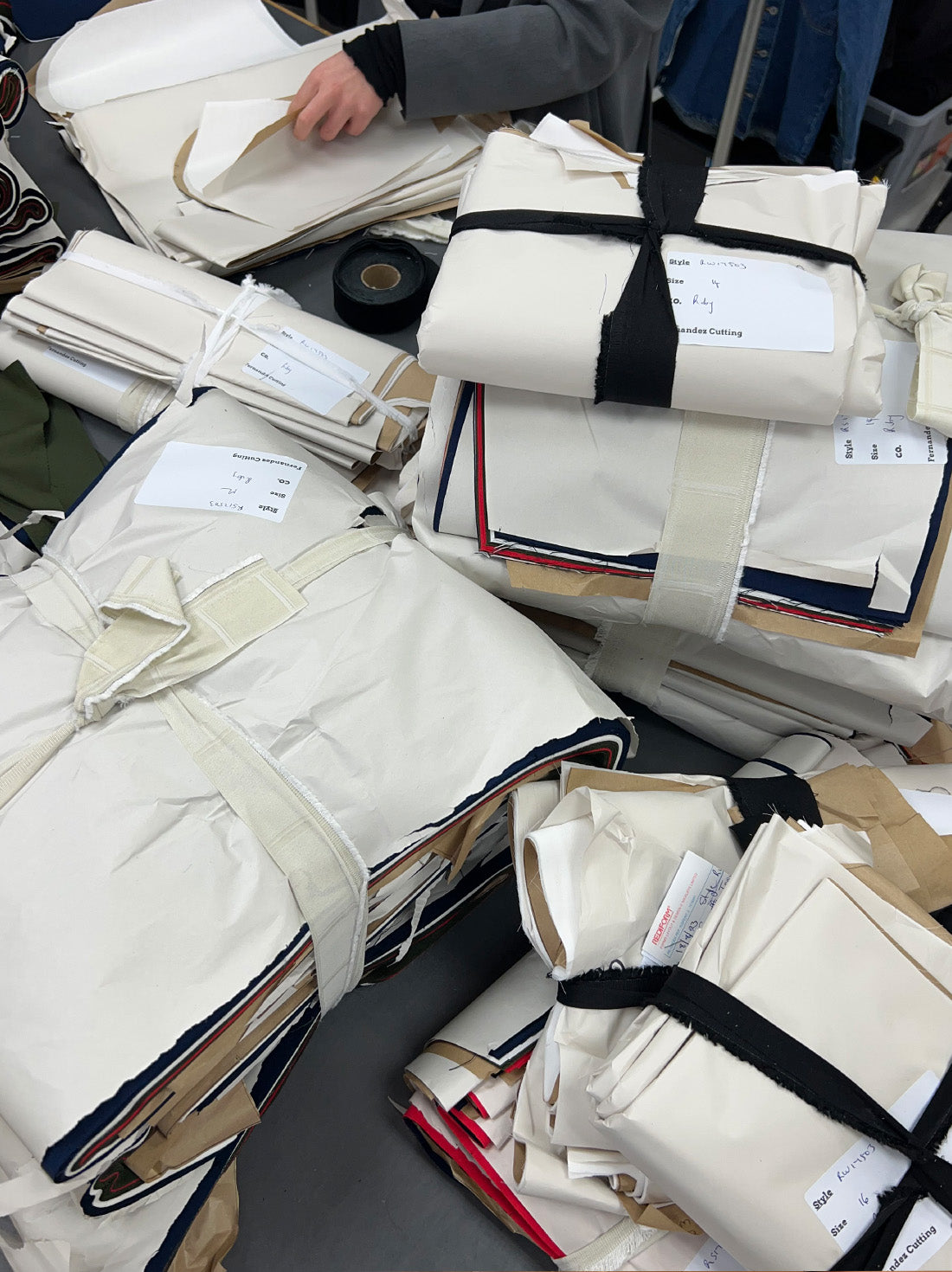Named the Samoan Scientist, Amy Maslen-Miller is helping boost the next generation of Pacific innovators. Amy shares with us the journey of her PhD, where she explores how the Samoan traditional diet can prevent the onset of type 2 diabetes. Through her work, Amy hopes to open the door to diversity into science.
I have been studying for 6 years through the university system, with a short stint in Samoa, where I worked on taro for two years. However, what frustrates me about universities is that science is only examined from one point of view.
When we are trying to answer our communities’ questions, our community comprises a range of people. Our community is made up of a range of ethnicities. So, I'm a big advocate for incorporating more diversity into science.
As a New Zealand-born Samoan woman, I am more conscious of our Pasifika people in science. So that's why I wanted to pursue my PhD to support our people and pave the way for other Pasifika. I am currently conducting my PhD, which is three years of research exploring the Samoan traditional diet to see if it can prevent the onset of type 2 diabetes in Samoan women here in New Zealand. It was important for me that my research would help our Pasifika community and feed my passion for learning more about my culture through science.
Our Polynesian ancestors introduced much of the food to the Pacific Islands in 1200AD. So, when the Polynesians were sailing into the unknown, searching for new lands to start a new life, they also bought food on their va'a (boat). In the hopes that when they got to their new home, they would be able to provide food, medicine, transportation and shelter for themselves, their family and the next generations to come. When we have this knowledge, it shows that our food has a greater purpose for us. Our Polynesian ancestors ensured that our Pasifika brothers and sisters are alive today, over 800 years later.
As I start my PhD, I'm finding all this beautiful information about our food and able to explore my research through a Samoan perspective. After being in the university for so long and being taught one perspective, it feels validating to explore science through my eyes as a New Zealand-born Samoan woman. I also wish this for others in science so they can feel empowered to help their community. I encourage those who would like to pursue science to talk to people in science, ask them what it’s really like, ask them what they do daily, and even ask if you can shadow them! We need representation from ALL communities in science to help create better health outcomes for everyone.
Written by Amy Maslen-Miller





















